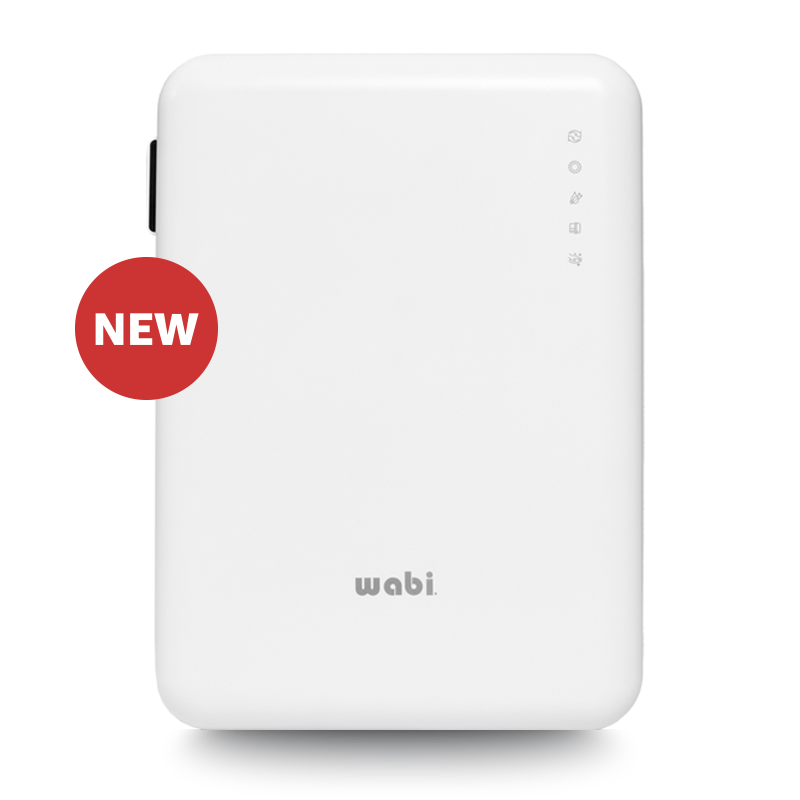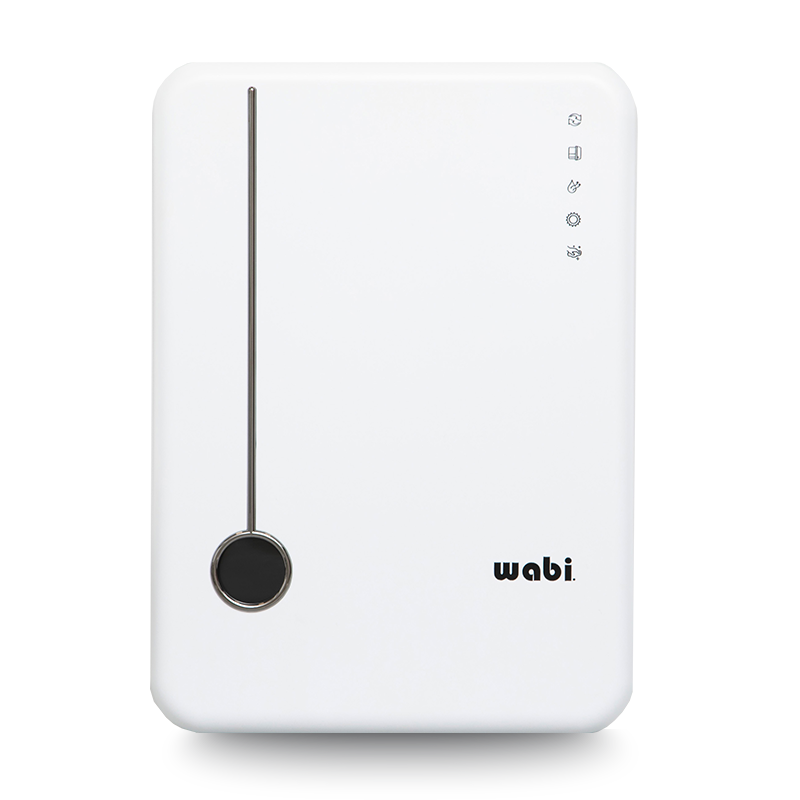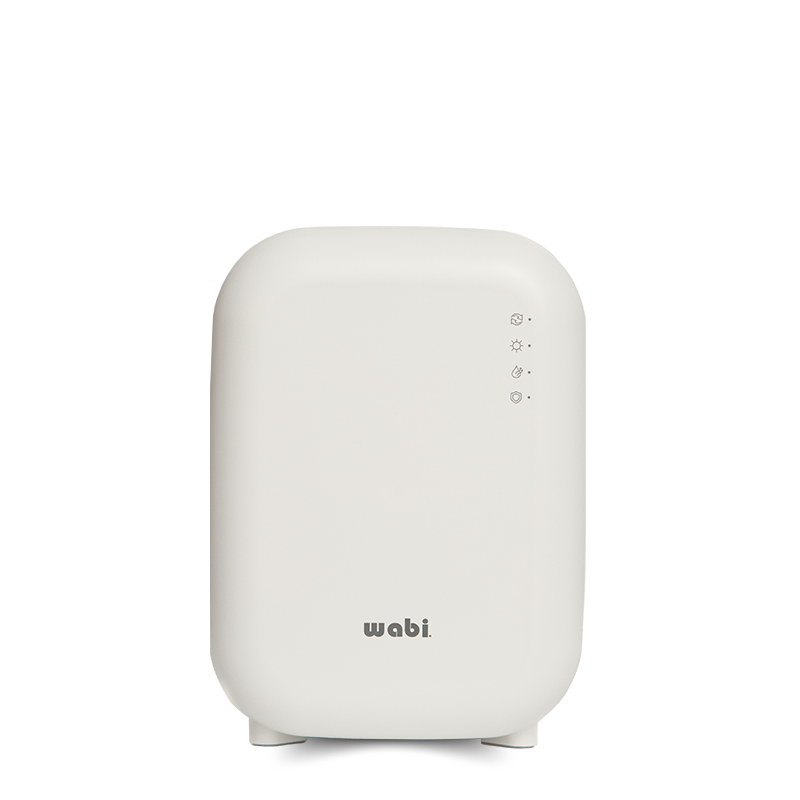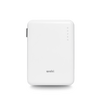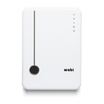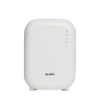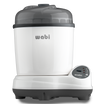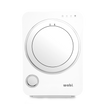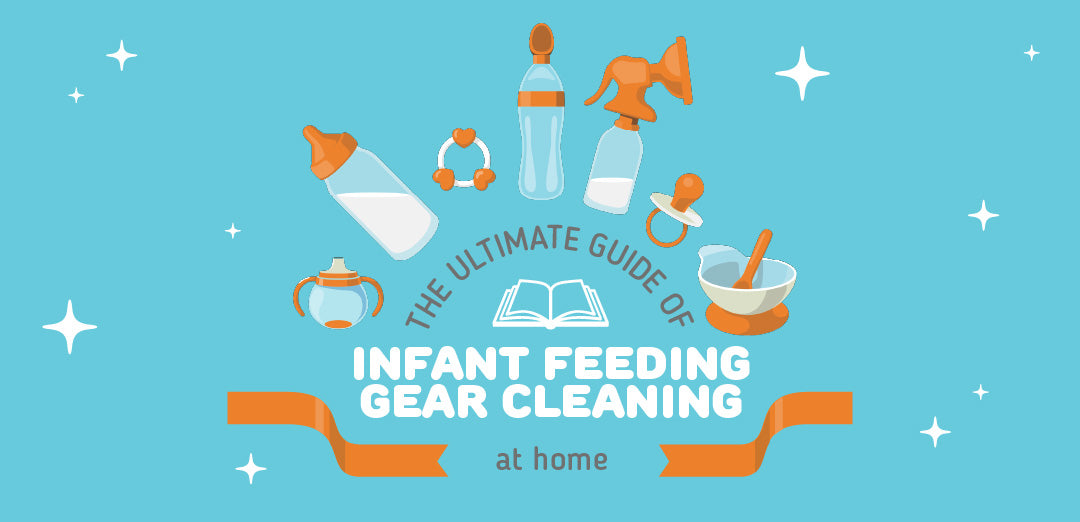What to look for while shopping for a sanitizer?
Now you have researched whether a sanitizer is needed or not, and decided to purchase one. What should you look for? With the evolution of technology and ever-changing innovations, we see new products popping out faster than ever. With all the sanitizers devices available in the market, having huge gaps in quality and pricing, how do you know which one to buy? It can get overwhelming at times but don't worry. We are here to help you understand some of the basics of buying a sanitizer.The most critical step is to look for product certifications. Official certification ensures that the product meets the standard of quality, reliability, and safety for it's intended use.
Buy from a brand that also sells directly by any big retail chains
The certification marks should always appear on the product package and on the bottom or back of the appliance labels. Most of the time, manufacturers don’t really list product certifications on the website, so you won’t be able to find them unless you have the physical product.
The quickest way to verify before the purchase is to look for a brand that is also sold through any big retail chains directly. The retail chains go through an extensive checklist to verify the products’ regulations and compliances before they bring them into their stores. With a brand that is sold directly by those retail chains, it tells you they have met all standards that are required in the US and constantly updated with the regulations.
Remember to look for sold and ship directly by the retailer, not just ship by the retailer but sold through the brand owner.
Understanding the certifications
Here is the list for any potential certifications that are required for most electrical appliances.
-
ETL or UL mark.
These certifications test every aspect of the products from the material, components, functions, all the way to safety language. The certification mark signals to consumers that a product meets high standards for quality, reliability, and safety as an electrical product. A quarterly factory assessment and/or annual retesting is required to maintain the certification mark.
-
EPA registration
EPA requires any products that make a germicidal claim to register. The agency asks for the filing of annual reports and notification of each import. If a product makes microbial claims, it has to have an acceptable 3rd party lab test reports submitted. Annual renewal is required for both US and State EPA, all package language also needs to be review and submitted.
Exaggerated claims are prohibited. If you see any sanitizer device making a direct claim against COVID-19 or virus, they are most likely not complying with regulations and registered with EPA.
-
US FDA registration
UV-C sanitizers need to be registered with the FDA. An annual listing fee is required to maintain the registration for both the manufacturer and the initial importer into the US market.
-
FCC allows for Bluetooth or Wi-Fi connection
All devices that use Bluetooth or Wi-Fi connection and transmit in the 2.4 GHz band MUST pass FCC certification for an unlicensed transmitter. It ensures that the transmission is within a safe level. FCC certification is also an annual accreditation.
The short answer is the high expenses. To begin with, the certified product requires use the high-cost certified material and components. Moreover, certification is an ongoing and expensive mark to maintain after the product is made and in the market.
While the regulations are mandatory, most of the time they are not strictly enforced. Dropshipping sellers see this as an opportunity for cost-saving; we are talking about tens of thousands annually just for maintaining one appliance’s certification and regulation after it releases to the market.
When manufacturers decided to opt for below-standard materials and components to further maximize the profit, everything becomes a profit game over product safety and integrity.
Good looking products doesn’t mean good quality products
Consumers should keep in mind that looks can also be very deceiving. There are many electrical appliances on the marketplace that look great and work as advertised but without a proper US standard certification. What consumers don’t realize is that since no certification is required, there is a possibility that this FDA food-grade plastic is not entirely pure FDA food-grade and may be mixed with other harmful and dangerous substances. It is also possible that electrical may not be tested for US safety standards, it can be very dangerous in case of unstable electric current during usage.
At WABI, Product Quality and Safety are our top priority
Wabi aims to provide the highest quality of products to our customers - no compromises made! Our UV-C Sanitizer is an FDA general purpose surface disinfectant medical device for general hospital and personal use. And, all of our sanitizers are certified with ETL marks and registered with US and State EPA with 3rd party lab microbial testing. Wabi® 3-in-1 Sanitizer and Dryers are trusted by many parents, hospitals, and milk banks. With the continuous dedication to providing high-quality standards, we hope our customers enjoy the complete peace of mind and satisfaction while using our products.
It’s worth mentioning, Wabi® 3-in-1 Sanitizer and Dryer may inactivate the pathogenic microbes when used as directed based on our 2020 updated third party microbial testing report, however, it neither kills them nor treats infected individuals directly. All Wabi® Sanitizer and Dryer” should be used for general disinfection in congestion with prior cleaning steps as stated in CDC’s recommendation in order to maximize the germicide efficiency.
Wabi strives to provide as much information and knowledge to consumers as possible. We want our consumers to be aware of ground-realities and make informed decisions. If the consumers can start noticing and requesting necessary compliances, it pushes more manufacturers to comply with regulations and bring more safe products to the market. In the end, we are hoping to see less unsafe products floating in the marketplace and more innovative products to help make daily life easy.

